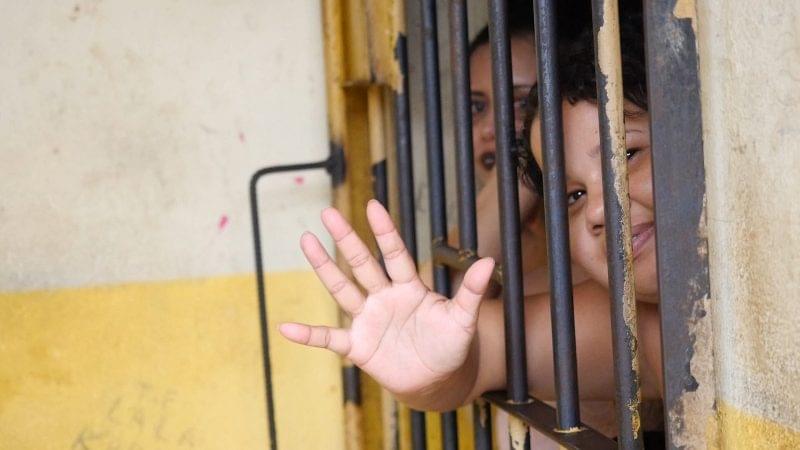Emphasizing the situation of women in prison is one of the best ways to lead society to rethink the punitive paradigm that promotes mass incarceration, favors the growth of criminal factions, and thus contributes to increasing violence in the streets of Brazil and other countries in Latin America.
That is one of the main conclusions of the third workshop in the journey to develop a Paradigm Shift on Sentencing and Imprisonment. This process has been led by the Humanitas360 Institute.
This series of workshops has counted with the participation of some of the main social organizations, researchers and professionals that work with criminal justice in the region.
The medical doctor Drauzio Varella (who authored three books about the topic and has been volunteering in prisons for decades), the former Brazilian Minister of Justice José Gregori (who, along with others, was responsible for the implosion of the penitentiary Carandirú in São Paulo), and the Judge Sueli Armani (responsible for the sentencing court of Taubaté in the countryside of São Paulo, where several prisons are located with some of the most famous inmates in Brazil) were among the participants of previous workshops.
After two workshops with several participants, in which they engaged in multiple group activities that aimed at generating ideas and co-creating solutions, the third workshop counted with a smaller group for a more hands-on approach.
The objective was to organize all the material and ideas that had been developed previously, as well as to prepare the fourth workshop, which is scheduled to happen in June. That is when the group plans to validate the coalition’s strategy and start executing an action plan.
The group that was part of the third workshop included Marina Dias (Institute of Defense of the Right of Defense), Bruno Paes Manso (Nucleus of Research in Violence at the University of São Paulo), Ana Paula Pellegrino (Igarapé Institute) and the journalist Denis Russo Burgierman (contributor of the Nexo Jornal and researcher of topics connected with drug policy and the prison system).





